Google to target Russian disinformation
Search giant facing criticism for promoting state-sponsored fake news
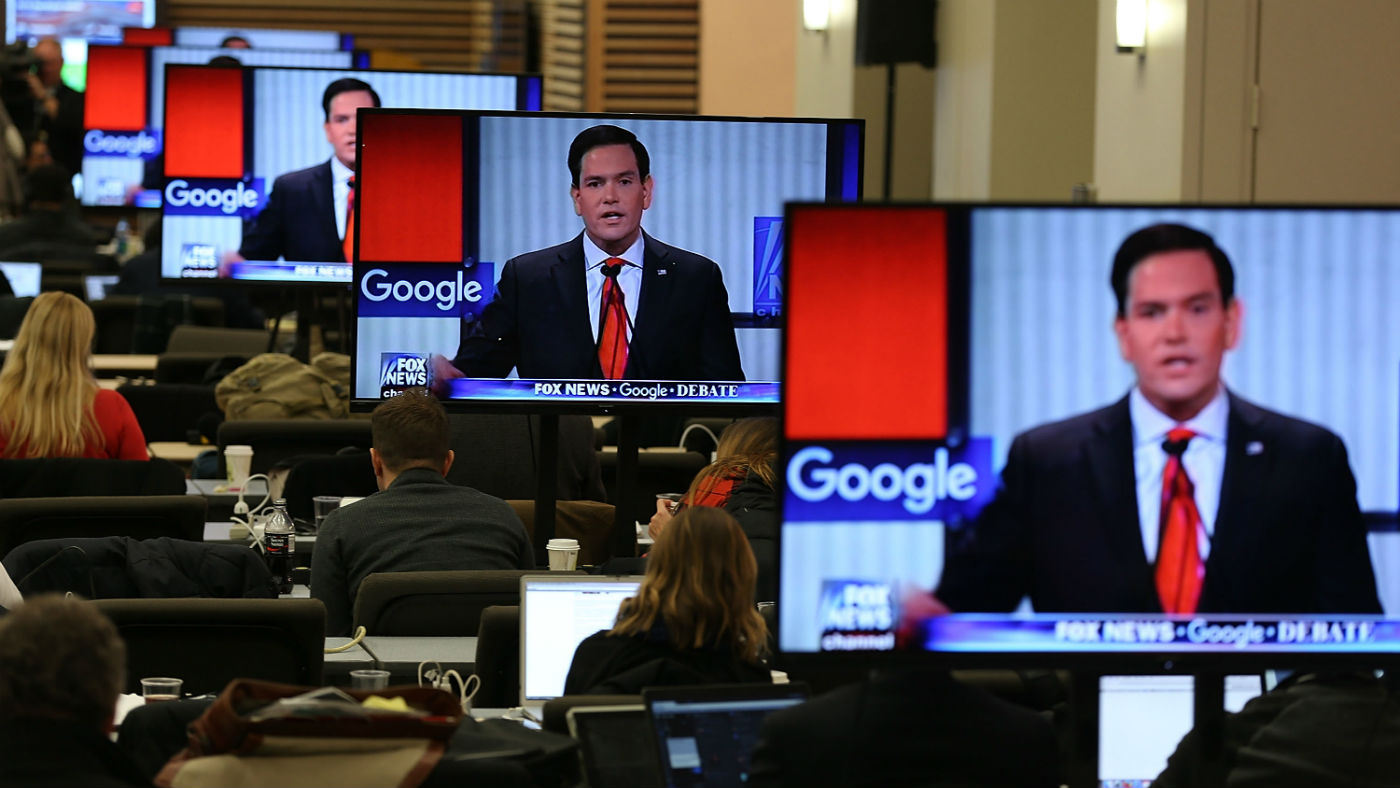
A free daily email with the biggest news stories of the day – and the best features from TheWeek.com
You are now subscribed
Your newsletter sign-up was successful
Google is preparing to take action against state-run Russian news agencies which have been accused of spreading propaganda and undermining Western democracy.
Eric Schmidt, chief executive of Google’s parent company Alphabet, told a security conference in Canada that the search engine is planning to “de-rank” state-run media such as Russia Today and Sputnik, despite a recent internal review which found the news sites had broken no rules.
Schmidt admitted the previous approach of the technology industry to misinformation had been “naive” and said the company is working to ferret out Russian propaganda from Google News, “after facing criticism that Kremlin-owned media sites had been given plum placement on the search giant’s news and advertising platforms”, reports Motherboard.
The Week
Escape your echo chamber. Get the facts behind the news, plus analysis from multiple perspectives.

Sign up for The Week's Free Newsletters
From our morning news briefing to a weekly Good News Newsletter, get the best of The Week delivered directly to your inbox.
From our morning news briefing to a weekly Good News Newsletter, get the best of The Week delivered directly to your inbox.
Silicon Valley giants such as Google, Facebook and Twitter have been heavily criticised for failing to crack down on state-sponsored misinformation online, which US intelligence agencies claim may have influenced last year’s US presidential election. Last week, RT, formerly Russia Today, was forced to register with the Justice Department as a “foreign agent” after pressure from Congress.
However, while he claimed the Russian disinformation strategy was easy to combat since it is based on “amplification around a message” of information that is “repetitive, exploitative, false, [or] likely to have been weaponised”, Schmidt refused to ban the sites outright.
“I am strongly not in favour of censorship. I am very strongly in favour of ranking. It’s what we do,” he said.
An investigation by The Guardian this week revealed the extent of Russian penetration of the British media. At least 80 times, news sites including The Daily Telegraph, Metro and Buzzfeed embedded or quoted tweets known to have been written by a notorious state-backed “troll army” based in St Petersburg.
A free daily email with the biggest news stories of the day – and the best features from TheWeek.com
-
 How the FCC’s ‘equal time’ rule works
How the FCC’s ‘equal time’ rule worksIn the Spotlight The law is at the heart of the Colbert-CBS conflict
-
 What is the endgame in the DHS shutdown?
What is the endgame in the DHS shutdown?Today’s Big Question Democrats want to rein in ICE’s immigration crackdown
-
 ‘Poor time management isn’t just an inconvenience’
‘Poor time management isn’t just an inconvenience’Instant Opinion Opinion, comment and editorials of the day
-
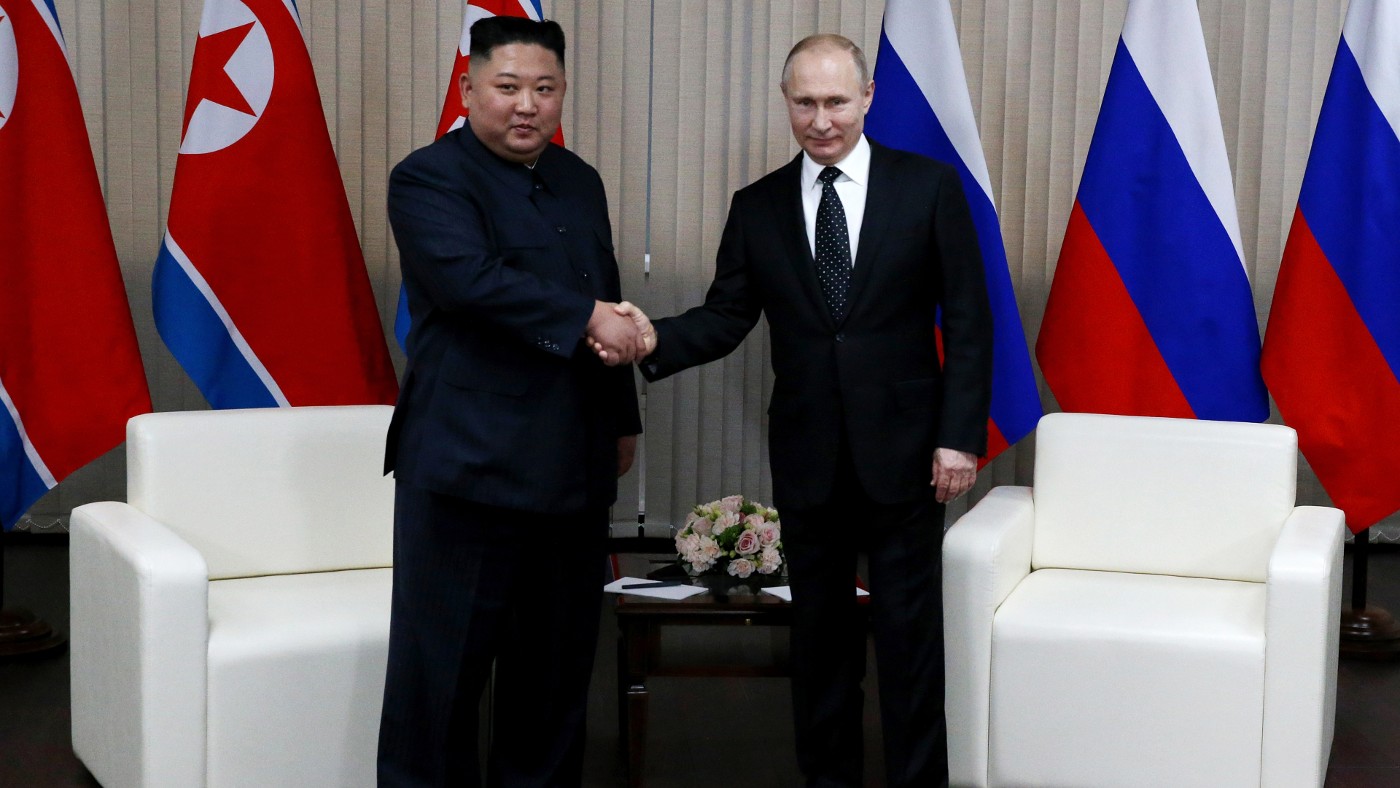 Would North Korean weapons tilt the war Russia’s way?
Would North Korean weapons tilt the war Russia’s way?Today's Big Question Putin wants to boost ‘depleted stocks’ but Pyongyang’s arms may be in poor condition
-
 Nobody seems surprised Wagner's Prigozhin died under suspicious circumstances
Nobody seems surprised Wagner's Prigozhin died under suspicious circumstancesSpeed Read
-
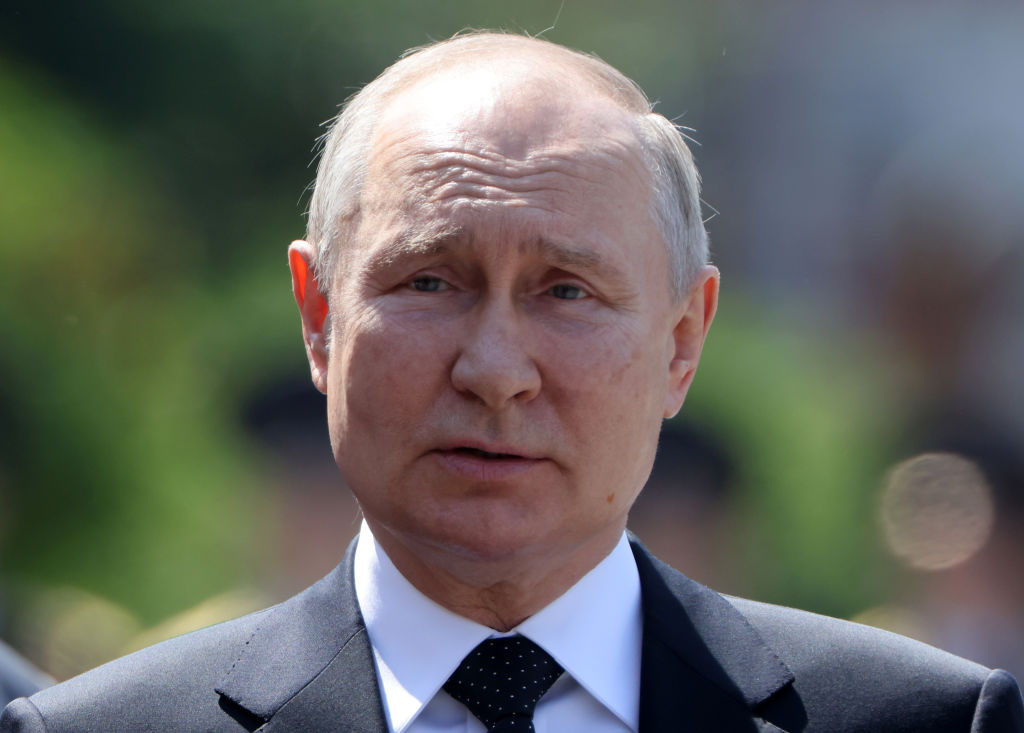 Putin's grip on power apparently damaged after Wagner mutiny
Putin's grip on power apparently damaged after Wagner mutinySpeed Read
-
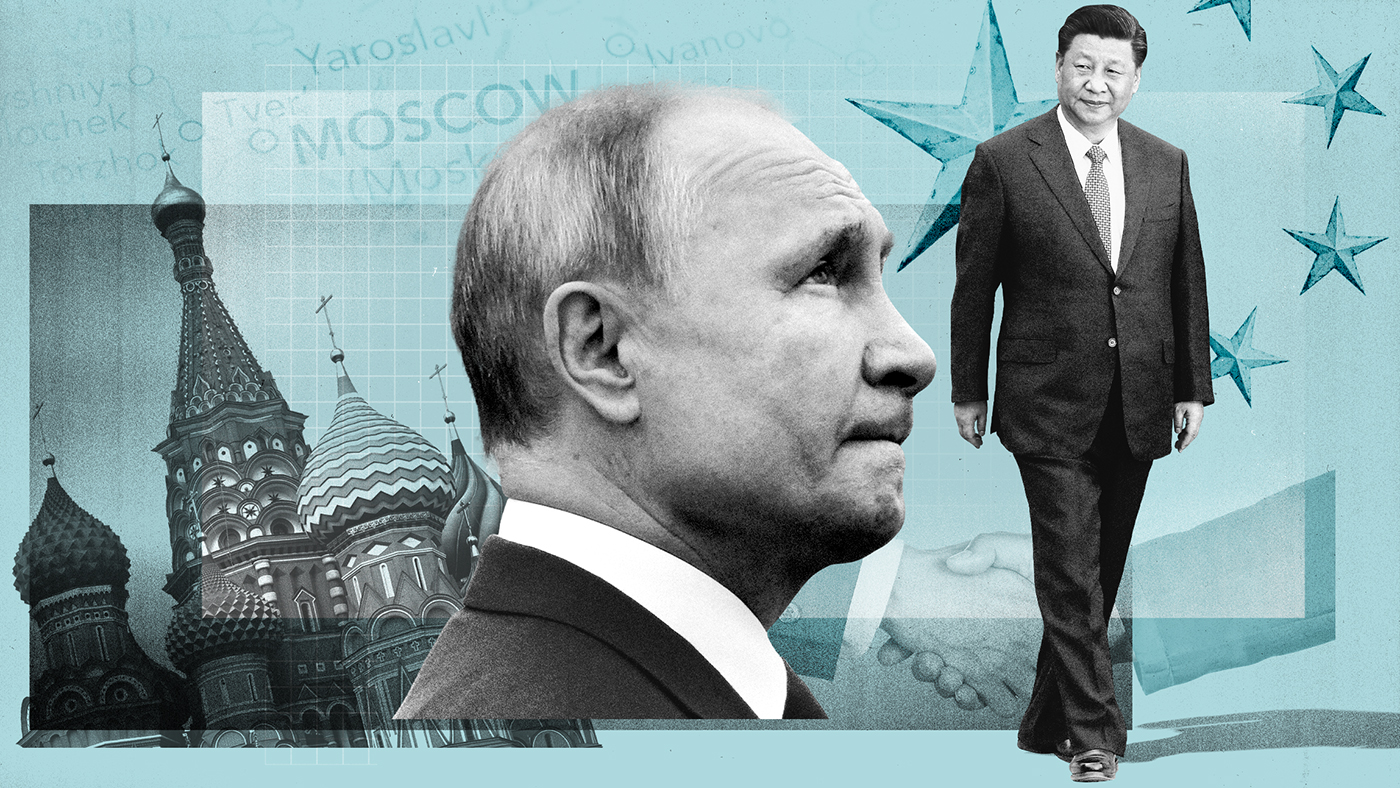 Is Russia a Chinese 'client state'?
Is Russia a Chinese 'client state'?Today's Big Question Reading between the lines of Xi and Putin's Moscow summit
-
 A 'striking' number of Americans believe news outlets intentionally mislead public, survey says
A 'striking' number of Americans believe news outlets intentionally mislead public, survey saysSpeed Read
-
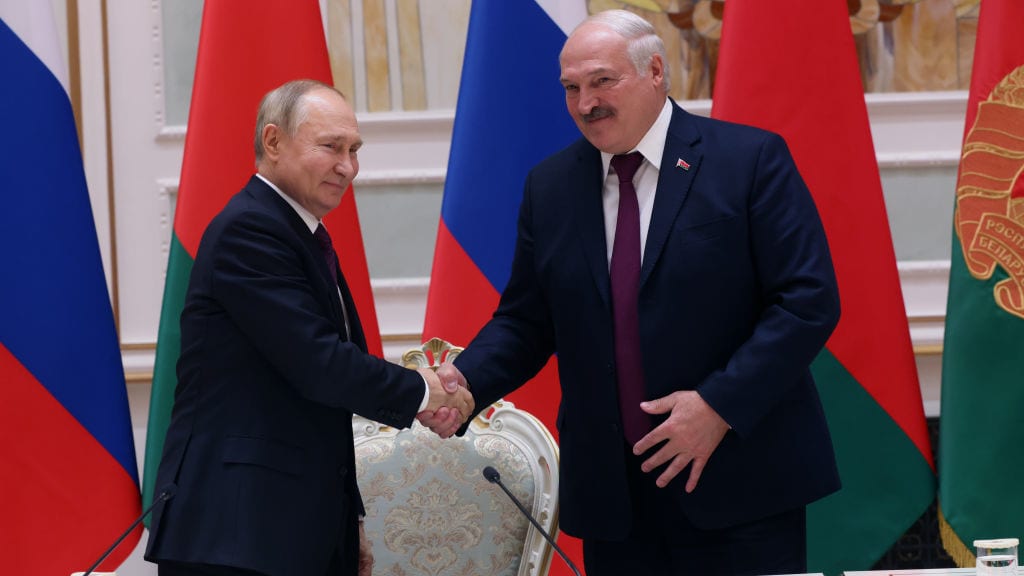 Putin, Lukashenko meet as Ukraine fears Moscow could launch offensive from Belarus
Putin, Lukashenko meet as Ukraine fears Moscow could launch offensive from BelarusSpeed Read
-
 Vladimir Putin will skip annual year-end press conference for 1st time in a decade amid Ukraine setbacks
Vladimir Putin will skip annual year-end press conference for 1st time in a decade amid Ukraine setbacksSpeed Read
-
 ‘It’s all gravy in Deppland’
‘It’s all gravy in Deppland’Instant Opinion Your digest of analysis from the British and international press